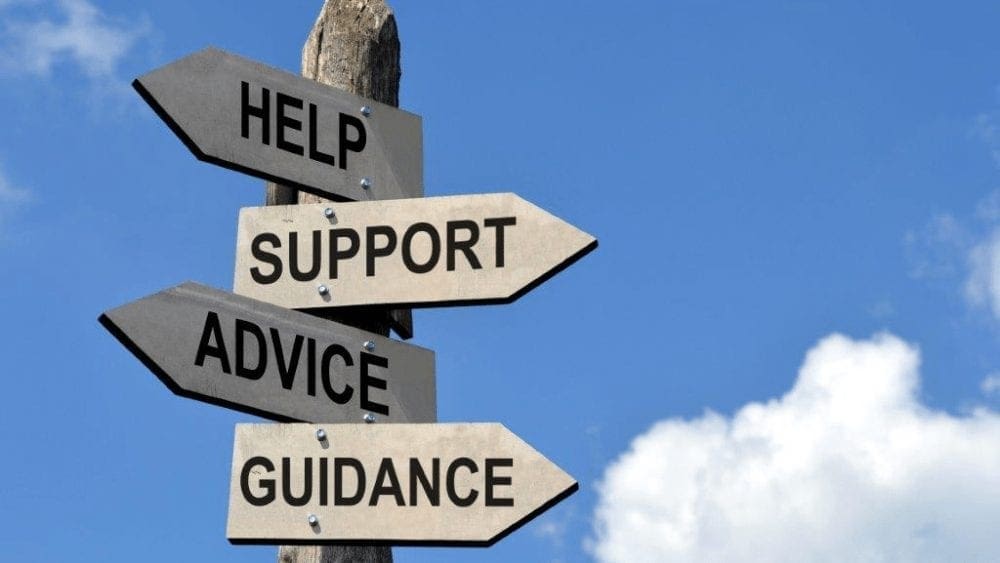I would dare say that study abroad experiences allow individuals to gain deeper knowledge of peoples and countries more than any travel guidebook or package tour could offer. International programs usually require stays longer than two weeks, a semester or two and in some cases, even years. By that time, the honeymoon period is over and in its place, a treasure box of experiences to be opened, not just for when one comes back to continue one’s studies, but for later life. I recall my own experiences as an international student in Italy and Singapore as well as my first foray in international relations as a UNESCO Officer.
Get over the cliché and discover the individual. I participated in a Culture and Development Course at the International Training Centre of the International Labour Organization, and my stint in Italy challenged my perception of Italians based on Hollywood movies, i.e. that Italians are very expressive, with their voice and hand movements. My Italian colleagues, friendly as they were, were more temperate than other colleagues (nineteen countries were represented in the class). Make no mistake, they sure love their food and wine! Indeed, some clichés hold true after the first handshake, but some do not.
My tip: Prepare and research before meeting with individuals and/or organizations from foreign countries, but at the same time get ready to be surprised and to see the stereotypes challenged.
Flexibility and adaptability are mainstays. It doesn’t matter how great first impressions are, adjustments are inevitable. One would need to find his/her way in and around a new city, new school, new colleagues, and even new ways of thinking and doing things. When I asked for directions some years ago on my way to a UNESCO conference in Paris, I realized that my idea of a 5-minute walk may be different from some individuals who are used to walking (and walking fast)! Long story short, I arrived late, and a bit disgruntled. From that point on I made sure I left my hotel with enough lead time, especially if I’m not familiar with the meeting venue.
My tip: Focus on the content of the meetings but don’t neglect the logistics of getting there.
Peer learning in action. In the first essay I submitted for my Singapore State and Society class at the Lee Kuan Yew School of Public Policy in Singapore, I mentioned the joys of a global classroom. There’s something special about listening to cases and examples from peers who have had personal experiences of the policy issues you discuss in the class. I have learned so much not only from the readings and instructors but from my colleagues who generously shared knowledge, real life experiences and insights from their home countries. Every class discussion provided material for a comparative study!
My tip: Make the most of your study experience by being open to the diverse perspectives of your fellow learners. The same openness will be your biggest asset when you go through numerous brainstorming and planning sessions as well as negotiations in your career.
I have had international education opportunities – short-term, long term, for credit, non-credit, training and professional development programs. I certainly gained knowledge and credentials from them but more importantly, I gained insights that shaped me as an individual and that inform my work as an international education professional. I predict this will remain true for a very long time, perhaps even a lifetime.
Helen Balderama is International Partnership Officer at the University of Manitoba and an education blogger. Helen was formerly Program Manager to the Education sections of Asia-Europe Foundation (Higher Education) and UNESCO National Commission Manila; and holds a Masters in Public Administration from the Lee Kuan Yew School of Public Policy, National University of Singapore.



Comments are closed.